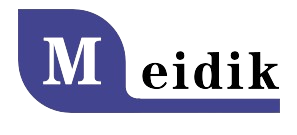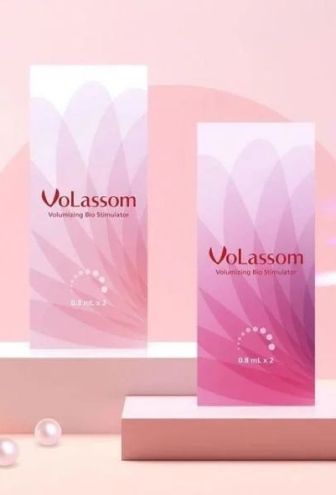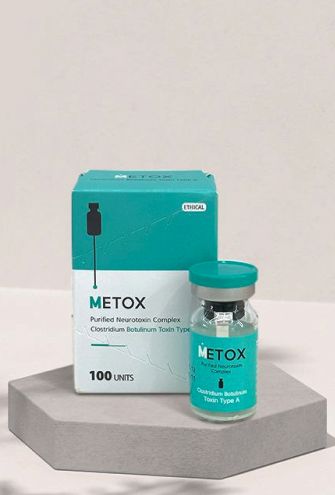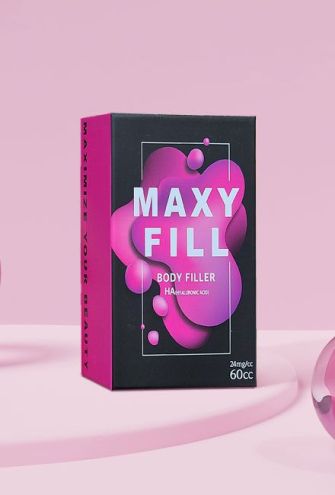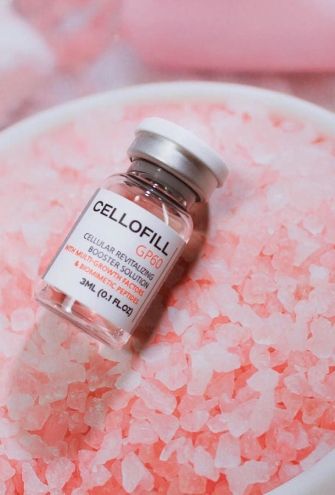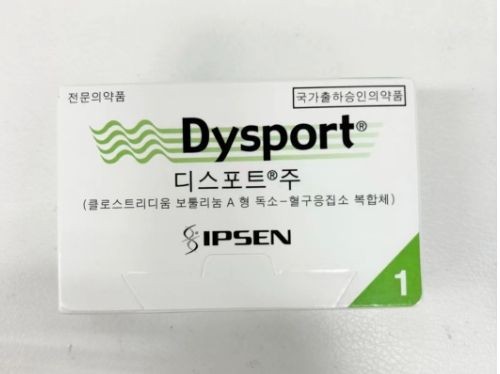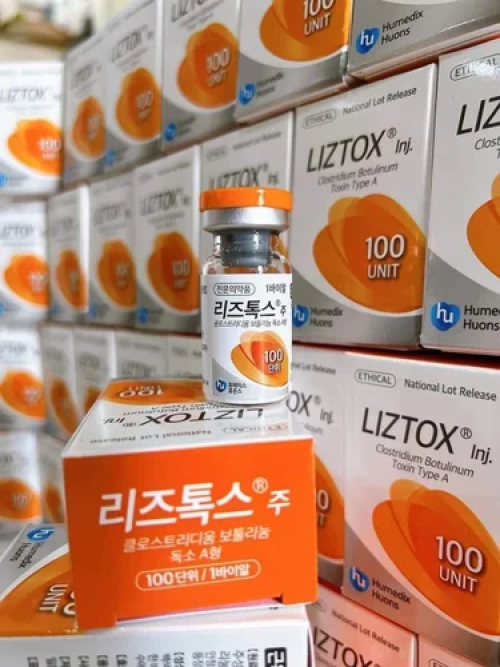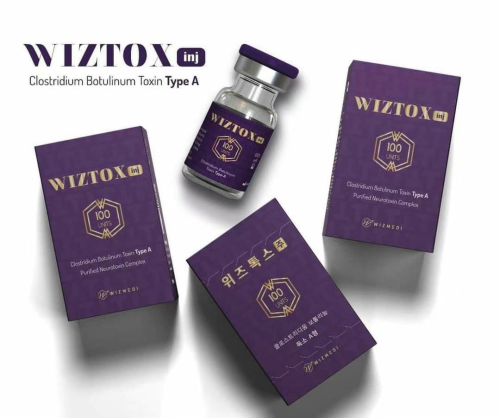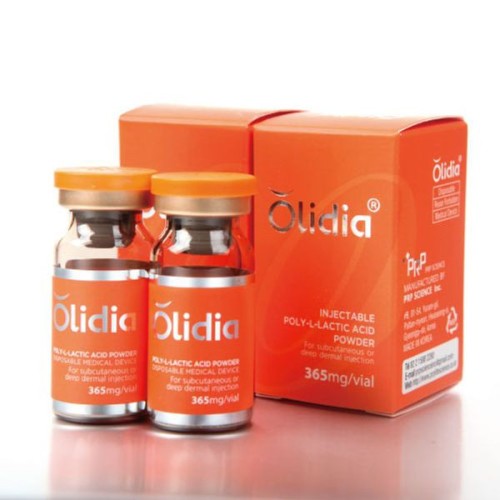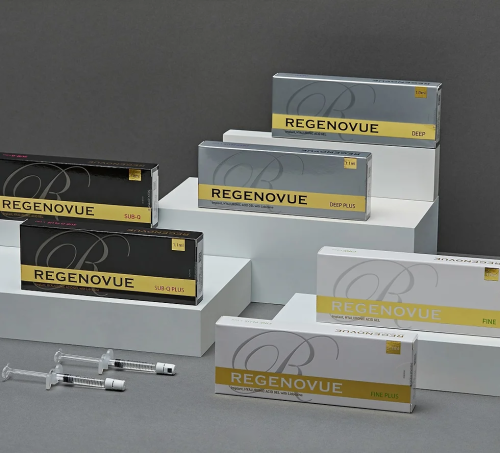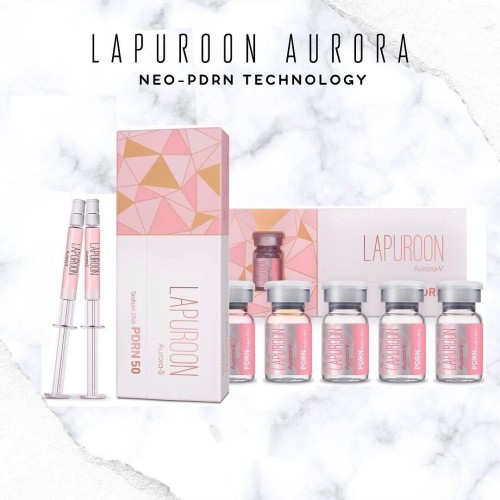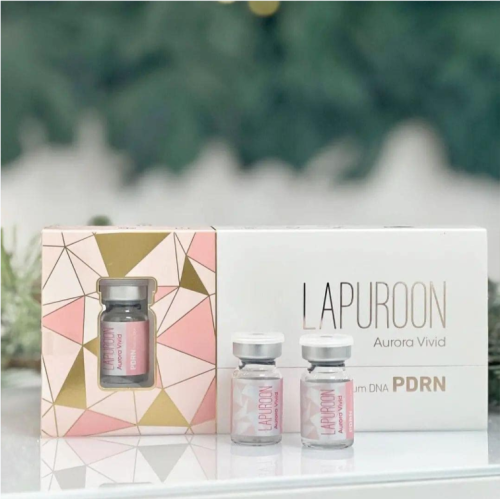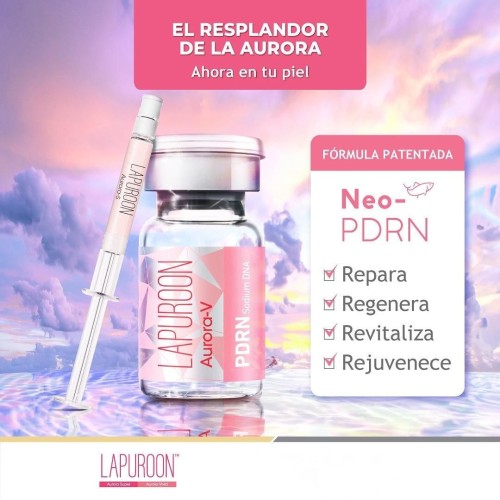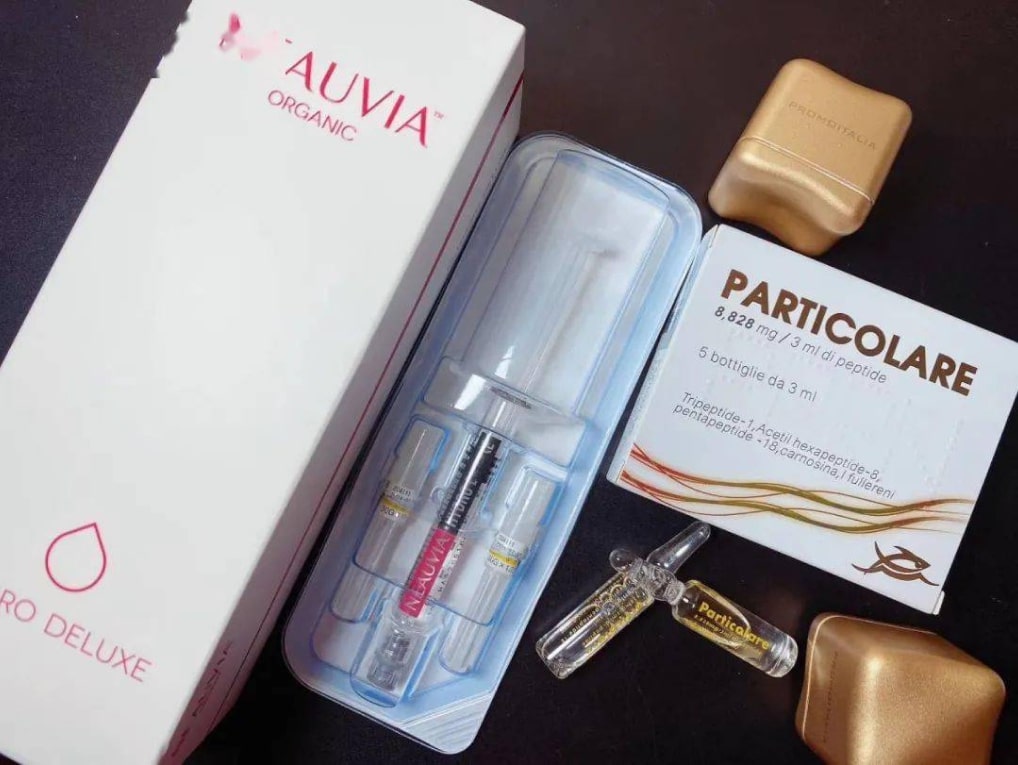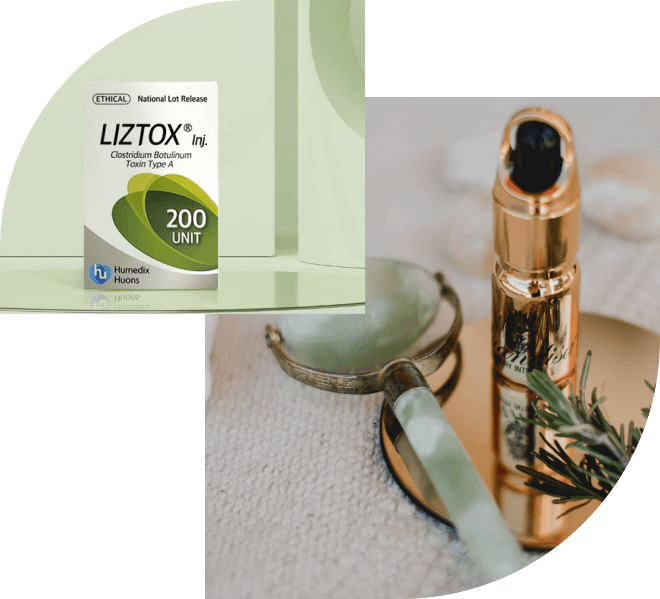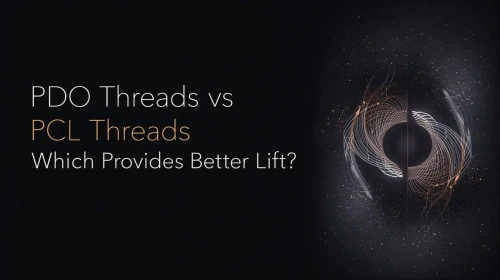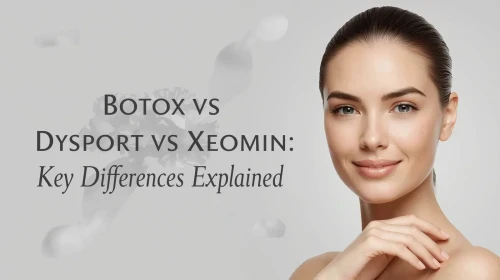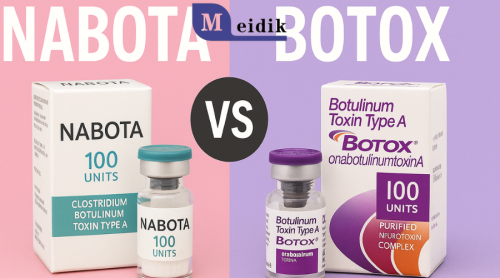Thread lifting has emerged as an alternative to a non-surgical facelift. The aesthetic medicine market is dominated by two major thread types: PDO and PCL. The two offer aesthetic benefits by using minimal procedures to rejuvenate the face. Nonetheless, they differ significantly in composition, duration, and lifting capacity. When practitioners and patients understand these differences, critical treatment decisions can be reached. Learning about Thread Lift Foundations What Thread Lifts Do Thread lifts involve the placement of medical-grade threads beneath the skin to lift sagging tissue. The threads provide instant mechanical raising and also activate collagen regeneration. The combination of the two produces both immediate and gradual outcomes. How They Work Practitioners insert needles through punctures to place threads. The fibers fasten to tissue, which produces tension upwards. New collagen is then formed around the threads as the body reacts to them. Even dissolved threads still produce this collagen. Common Treatment Areas Thread lifts treat the brow, neck, mid-face, and jowls. Hanging cheeks, jaws, and neck skin are also good candidates for treatment. The durability of thread lifts renders them suitable against addressing several age-related issues. PDO Threads Explained Material Composition PDO is an acronym for polydioxanone, a synthetic absorbable suture. Medical practitioners have been using PDO in surgery for decades. The safety profiles have been developed with a solid medical experience background. Absorption Timeline PDO threads disintegrate after 6 to 8 months of insertion. The body's natural hydrolytic processes break them down. Despite the disappearance of threads, collagen production continues to yield steady returns. Types of PDO Threads Mono threads are smooth and mainly stimulate collagen. The barbs on the cog threads provide mechanical lift. Screw thread comprises interlaced strands to improve volume. Each type has a specific purpose. PCL Threads Explained Material Composition PCL is an abbreviation for polycaprolactone, an additional biocompatible synthetic polymer. PCL degrades more slowly than PDO. The material is used in different medical equipment and implants. Absorption Timeline PCL threads take 12 to 24 months to be fully absorbed by the tissue. The extended stay offers mechanical support at a longer length. The slow deterioration ensures a lift during absorption. Thread Structure PCL threads are usually barbed to provide a firm grip in the tissues. Barbs are more effective at engaging tissue than smooth surfaces. This forceful anchoring generates strong, short-acting lifting effects. Lifting Power Comparison Immediate Lift Results The immediate lifting is mainly stronger due to the robust structure of the PCL threads. The material's structural rigidity produces more dramatic initial outcomes. PDO threads provide less dramatic and immediate lifting. You can sometimes confuse it for PCL Fillers that contain the same material, but are injectable gels that add volume and subtly stimulate collagen in your body. Tissue Engagement PCL barbs are firmer against tissue than PDO alternatives. This enhanced involvement results in greater mechanical lifting. The increase in strength averts slipping and increases the correction time. Weight-Bearing Capacity PCL threads can withstand greater tissue weight without deformation. Heavy sagging is more sensitive to PCL's structural integrity. PDO threads are suitable for light lifting requirements and sensitive regions. Longevity of Results Duration Differences The PCL threads retain their structure twice as long as PDO threads. This prolongs the stay, resulting in a prolonged mechanical lift. PCL treatments usually last 18-24 months, whereas PDO treatments last 12-18 months. Collagen Stimulation Both types of threads stimulate collagen. Nonetheless, the longer history of PCL offers a prolonged stimulation. The increased long-lasting collagen synthesis leads to improved long-term outcomes. Maintenance Needs The PCL can be durable enough to minimize the rate of maintenance therapy. Lower long-term medication use would translate into reduced expenses. PDO can require more frequent touch-ups to maintain the desired results. Safety Considerations Biocompatibility PDO and PCL have excellent biocompatibility. Both materials have a low likelihood of having adverse reactions. Both are well tolerated by the body and cause minimal inflammation. Side Effect Profiles PDO and PCL have similar side effects, which include bruises, swelling, and temporary dimpling. There is no considerable difference between the risks presented by both. The materials have minimal complications, though proper technique reduces them. Regulatory Approval The two types of threads have medical device approvals in key markets. Safety and efficacy are accepted by regulatory means. Practitioners are required to check the status of regional approval. Patient Comfort Insertion Process The increased stiffness of PCL threads may also make insertion somewhat more uncomfortable. Flexible PDO installation may permit a gentler installation. Both types of local anesthesia treat discomfort. Post-Treatment Sensation PCL threads are also stiffer and may be perceived more significantly by patients in the beginning. The PDO threads also tend to be less noticeable because the threads become softer. For better quality and fast delivery times, you can contact this PDO thread supplier. The majority of sensations fade within days, regardless of the thread type. Recovery Experience Both types of threads have similar recovery timelines. Swelling and bruising generally resolve in 1 week. The stiffer structure of PCL can result in a slightly longer adjustment. Cost Considerations Treatment Pricing PCL threads are usually more expensive than PDO threads per treatment. The increase in material costs and the resulting durability should justify higher prices. PDO has lower-cost alternatives. Value Analysis Higher initial costs can also be offset by PCL, which can deliver long-term results. Reduced maintenance treatments lead to lower long-term expenditure. The reduced initial cost of PDO will allow more frequent therapy for patients with low incomes. Insurance Coverage Thread lifts are cosmetic procedures that are rarely covered by insurance. Both PDO and PCL treatments are out-of-pocket expenses to the patient. Practices may be available as sources of financing. Ideal Candidates PDO Thread Candidates PDO is used with patients who experience mild to moderate sagging and want to obtain a slight improvement. Young patients with nice skin react very well. The PDO threads are selected by individuals seeking less invasive methods. PCL Thread Candidates PCL helps patients with moderate to severe sagging who need a stronger lift. The skin in older days, when it is very loose, requires strong support from the PCL. PCL threads are favored by patients seeking the highest possible longevity. Skin Type Considerations The two types of thread are suitable for different skin types. Some thicker skin can cover threads that pose a lower risk of visibility. Special consideration is needed in places where thin skin is used, whether with or without thread. Treatment Areas Suitability Delicate Areas The elasticity of PDO makes it a better option for sensitive areas such as the lips and eyes. The softer content reduces discomfort in sensitive areas. The stiffness of PCL might prove to be too high in these areas. Heavy Lifting Zones PCL is best suited to regions that require significant lift, such as the jowls and neck. Much heavier tissue is handled well by the stronger material. PDO might not be able to support these difficult areas well. Mid-Face Applications The two materials are capable of mid-face lifting. Selection based on the magnitude required to lift. The PDO needs moderate lifting, and a dramatic correction is needed with the PCL. Combination Approaches Using Both Thread Types Some practitioners mix PDO with PCL-containing prostheses in strategic positions. PCL gives primary lifting, whereas PDO refines. The hybrid method maximizes the benefits of each material's strengths. Layering Techniques The use of overlapping threads of different depths results in holistic refreshing. Deeper PCL threads provide structure, while superficial PDO threads provide texture. Advanced methods require experience and expertise. Practitioner Skill Requirement Learning Curve Both types of threads require proper training and practice. The stiffness of PCL requires more accurate technology. The difficulty of PDO can be easier for the beginner. Technique Differences This is because insertion angles and tension vary with material. The practitioners ought to be aware of the characteristics of each material. Both of them can be used to improve treatment. Results Timeline Immediate Effects PCL is less moderate in the long term, and it has more vivid short-term outcomes. Initial changes in PDO are less pronounced. Both persist in the improvement as the swelling goes away. Progressive Improvement Collagen production is highest at 2-3 months after treatment with both materials. The results over the next 6 months must continue to improve. The long-term presence of PCL could stretch the period of improvement. Final Outcome Comparison Final PCL results are usually more dramatic than those of PDO. The mechanical uplift is more forceful during the period of the result. PDO provides a more natural, delicate improvement. Handling Patient Expectations Realistic Outcomes Neither type of thread is reproducible in surgical facelift results. Patients need to know the restrictions of treatment. Disappointment is avoided by proper counseling. Individual Variation Depending on age, skin quality, and the degree of aging, results vary. Different patients do not react equally. Anatomy affects results to an extent. Photographic Documentation Photos before and after also help in the objective monitoring of results. Documentation helps manage expectations and shows real progress. Photography has standardized protocols, which guarantee fair comparisons. Other Treatment Modifications Dermal Fillers Fillers and threads complement one another. Threads create a lifting effect, whereas fillers replace volume. Combination therapy addresses multiple measures of aging. Botulinum Toxin Neuromodulators are used in combination with thread lifts. Contraction of any body part, like muscles, improves lifting. A treatment combination usually leads to better outcomes. Skin Resurfacing The results of a thread lift are enhanced by laser or chemotherapy to improve skin quality. Structural lifting is to be supplemented by surface improvements. The time gained between treatments must be thought over. Scientific Evidence Clinical Studies The two studies on PDO and PCL show that they are effective and safe. PCL research demonstrates more prolonged outcomes, which corroborates clinical evidence. PDO has a larger body of literature because it has been in the market longer. Comparative Research There are only a few studies that use direct comparison. The available information indicates that PCL offers better and longer lift. Further studies would further establish the best uses of each material. Future Developments Material Improvements Manufacturers continue to develop thread materials and designs. New barb and coating technologies enhance performance. Both PDO and PCL threads benefit from innovation. Technique Evolution Practitioners develop better insertion techniques and placement patterns. Better methods are used to increase the outcome of existing materials. The field advances through education and the sharing of experience. Making the Choice Assessment Factors The severity of sagging, skin quality, patient desires, and budget should be considered by practitioners. These aspects are determinants of the right thread. Individualized measurement guarantees maximum results. Patient Preferences Other patients are interested in the subtlety of nature, and others want dramatic transformation. Sensitivity to cost determines the material. The knowledge of preferences informs suggestions. Practitioner Experience Recommendations depend upon familiarity with certain types of threads. The practitioners must operate within their comfort zone of knowledge. Integrity in the evaluation of competencies safeguards the patients. Conclusion The PDO and PCL threads are both effective in treating facial ageing, but in different ways. There are those scenarios where it is better to have a mix of both materials. Both types of threads will continue to play significant roles in non-surgical facial rejuvenation as more studies are conducted and their performance methods are further developed.
